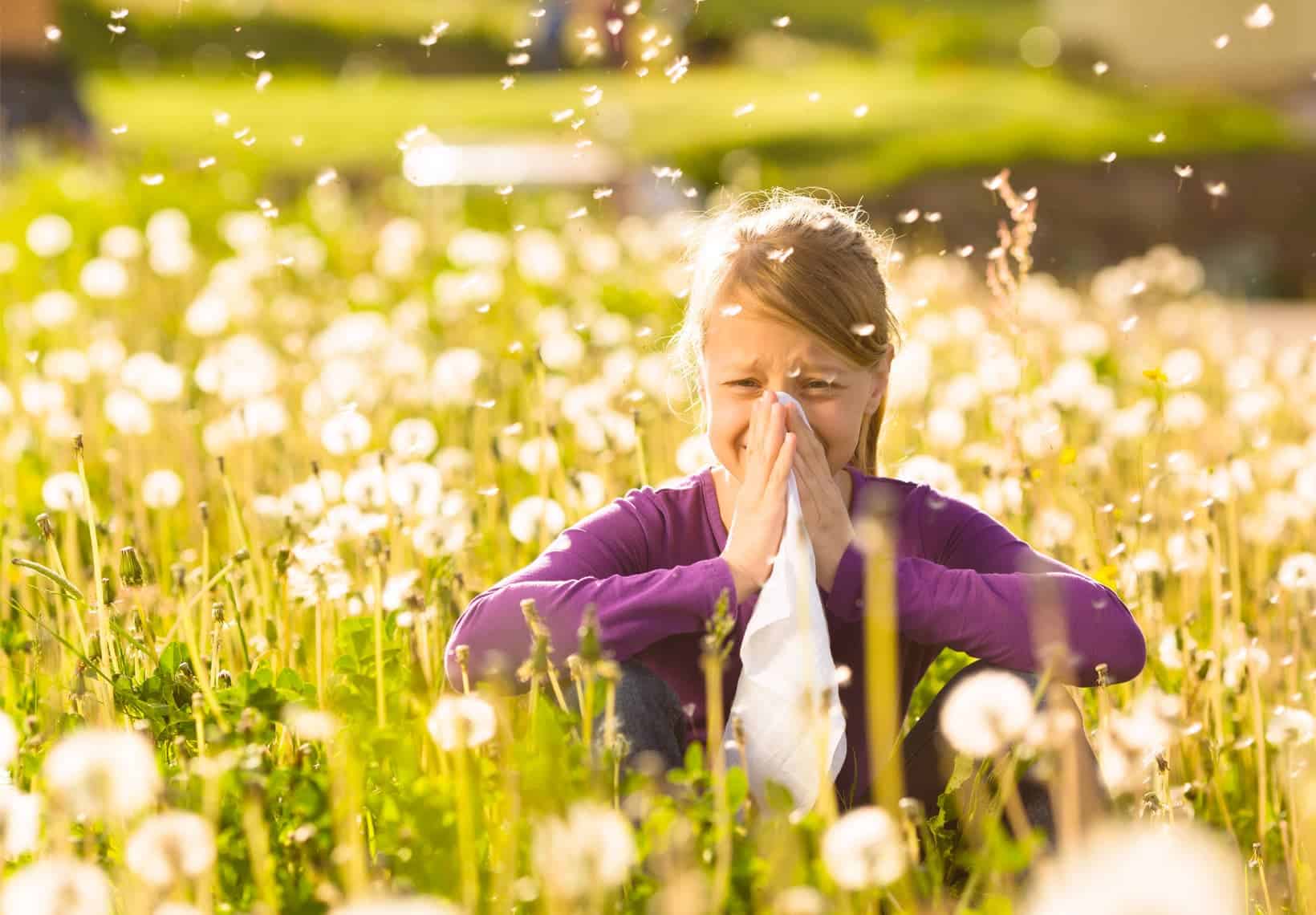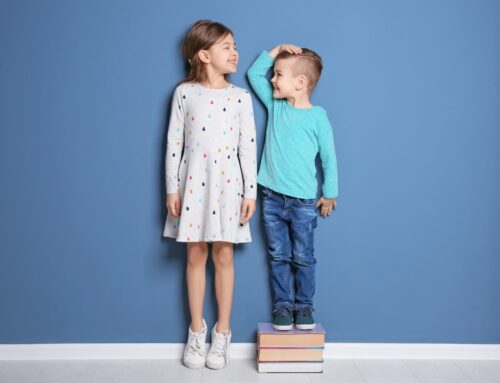My son Nathan walks in the door after playing outside with his friends on Saturday and his eyes are all red and he looks like he got punched in the eye. No, he didn’t get into a fight, but I know now that allergy season is upon us. While the weather is glorious, for children with allergies, being outside can lead to some very uncomfortable symptoms. Below are some of my tips as a pediatrician and a mom of two boys with severe seasonal allergies (fingers crossed on this third one), on how to survive allergy season.
- Leave your shoes at the door.
This is good practice in general but is very important this time of year so that you are not tracking allergens all over your house. By leaving the shoes at the door you limit the amount of pollen that gets sent around the house through walking and movement. You will also have the added benefit of leaving the germs and pesticides at the front door and limiting your child’s exposure to those toxins. - Never underestimate the power of a shower.
After a day in the park or at school my boys know when they come home that it’s straight into the shower or bath. They are covered in allergens and I don’t want them spreading them around the house or lying on their beds. The clothing from the day goes right into the hamper as well.
I get that you can’t bathe your child every time you walk into the house but at the very least wash their hands and face to avoid being in constant contact with the allergens. This is especially helpful since often children get itchy eyes with allergies. If your child rubs their pollen filled hands on their eyes the symptoms will just worsen. - It’s okay to use antihistamines of needed
For children who are uncomfortable from allergies (itchy eyes, runny nose, sore throat, swollen eye, rashes, etc.) there are a variety of effective oral antihistamines available that are safe for children over two years old. Many doctors will use these medications with younger children but you should never do so with out consulting your doctor first. In general, it is best to talk with your pediatrician before starting your child on a new medication.There are two types of antihistamines, first and second generation. Benadryl (diphenhydramine) is the classic first generation antihistamine. It is very effective but only lasts about six hours and can make children very sleepy. Parents should also be aware that a small number of children have a paradoxical reaction to Benadryl. This means that they actually get hyper after taking Benadryl.
Second generation antihistamines such as Claritin, Zyrtec and Allegra (all available for children) are effective for 24 hours and are considered non-drowsy. This is generally a more useful method of dealing with allergies in children. The purpose of the medication is to make your child more comfortable. It will not make their allergies go away. When the medication wears off the symptoms do come back.
The advantage of using the medications is that your child feels better. It can also help prevent secondary infections. For example, if your child’s eyes are red and itchy they will often rub their eyes. As we know, children touch everything and then touch their eyes. This can lead to an infection in the already irritated eye. Antihistamines can make children feel dry and sneezing ad blowing can add to that. Have your child drink plenty of fluids to remain hydrated.
- There are also eye drops and nose sprays that can help
Some children may have limited symptoms. They may only get red eyes and nothing else. In this case you may only need an allergy eye drop and not an oral antihistamine. There are some over the counter products available and also prescription products if the over the counter medication is not working. You can also use cold compresses to relieve itchy eyes. There are also very effective nose sprays for nasal congestion and cough from post-nasal drip. You can also try nasal saline rinses with older children. In children with more severe allergies your child may need a combination of medications. It is always best to talk with your doctor before starting any medications but it is good to be aware that there are options out there. - Check the pollen counts
You can check the pollen counts in your area. On days where the pollen counts are really high, you may want to stay inside if your child has severe allergies. The best way to avoid allergy symptoms is to not be exposed to the allergen. Pollen is usually at its peak mid-morning and late afternoon when the wind is blowing.
Allergies can be very uncomfortable and exhausting for children. Luckily, there are things you can do to help your child. So, get your survival kit ready so you can go out there and enjoy the beautiful weather (well at least on days with lower pollen counts).




